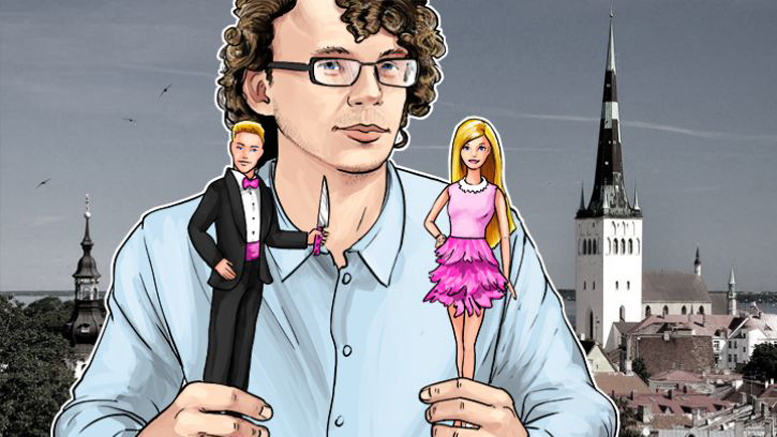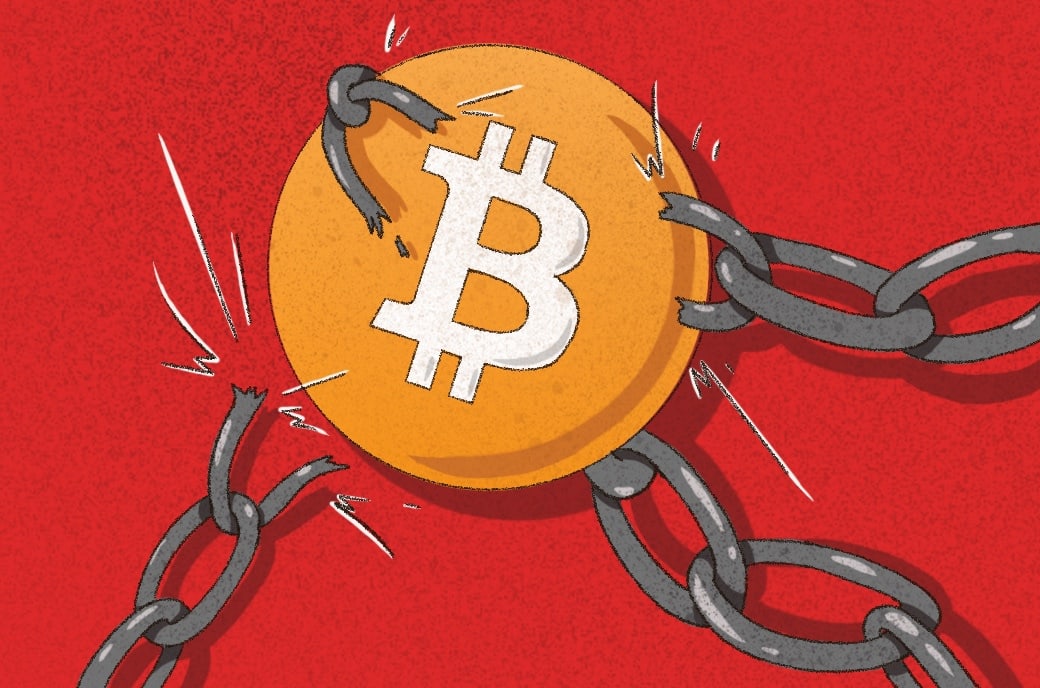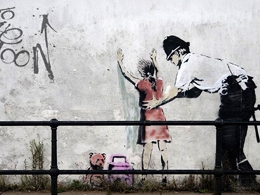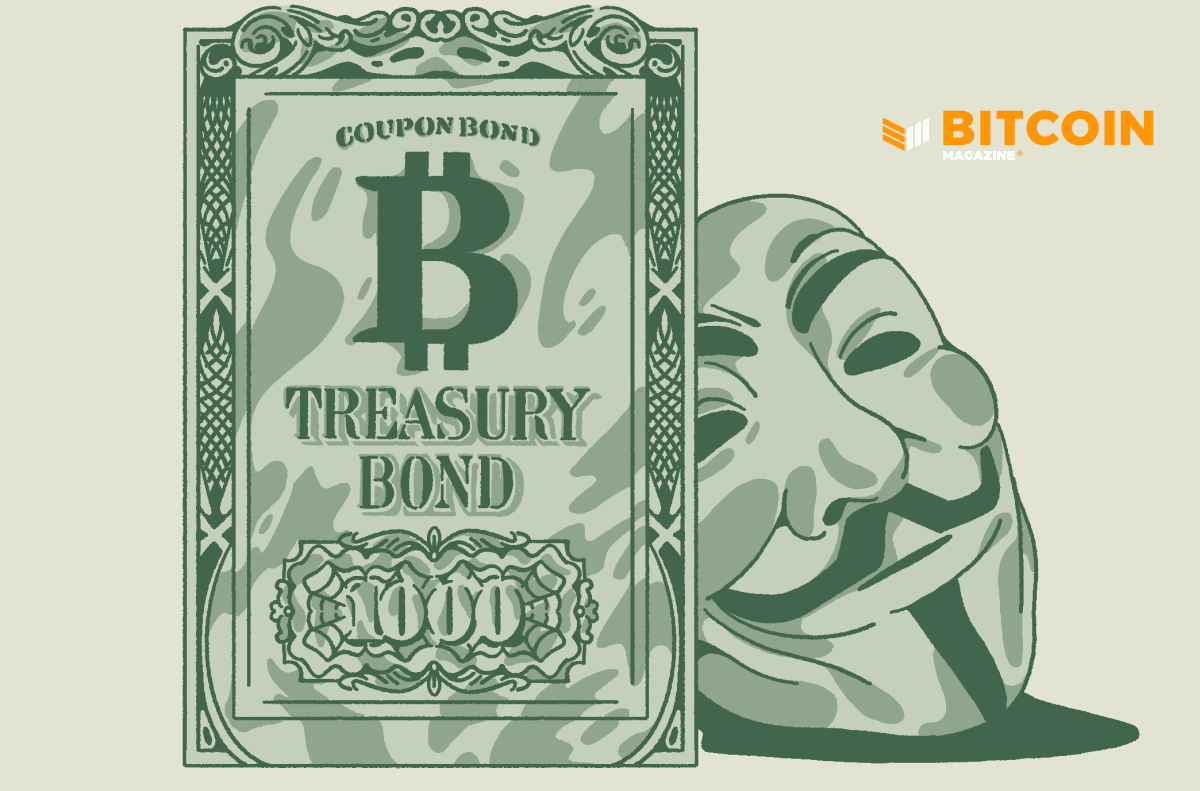
Bitcoin Helps to Fight Domestic Violence
Recently Kris Haamer started a Bitcoin crowdfunding campaign to fight domestic violence in Sao Tomé. He partnered with a Sao-Toméan rapper Pekagboom to raise people’s awareness about the problem of domestic violence which stands sharply in many countries of the world. Kris told CoinTelegraph that he and his team plan to start a far-reaching transmedia project that will help fight domestic violence not only in Sao Tomé, but also in other Portuguese speaking countries, as well as in other countries all over the world. The idea of the project appeared two years ago when Kris Haamer met....
Related News
Bitcoin completely negates the need for violence by incentivizing trade and peaceful cooperation.
By preserving the sound reciprocity of money, Bitcoin can enable our society to avoid the violence and scapegoating that has plagued it.
In his “Good Cop” video for a crowdfunding campaign, activist and hip-hop artistRob Hustle criticized police violence and corruption, calling for an end to their injustices. He challenged the popular meme that cop violence results from just a few bad apples, and argued instead the whole barrel is chalk full rotten fruit. He would be right. Police....
What is so important about the gross domestic product to debt ratio and how can bitcoin help the poorest countries avoid another debt crisis?
City A. M., London's first free daily business newspaper, reports that a study by researchers at the University of Manchester and the University of Montreal concluded that Silk Road prevented violence associated with the illegal drug trade and represented a breakthrough in criminal innovation. The study is open access and can be downloaded from the Social Science Research Network. The researchers found that many (between 31% and 45%) drug-related transactions on Silk Road were not business-to-consumer (B2C) but business-to-business (B2B), in other words, transactions between drug dealers.....





